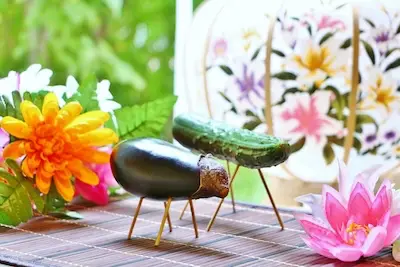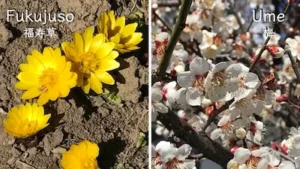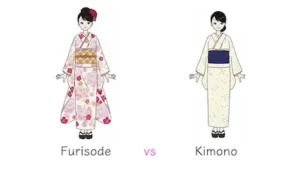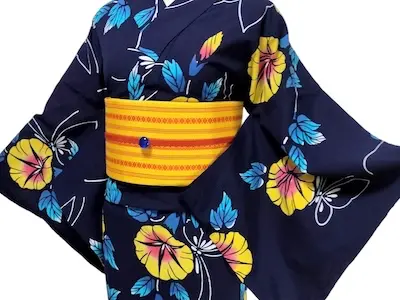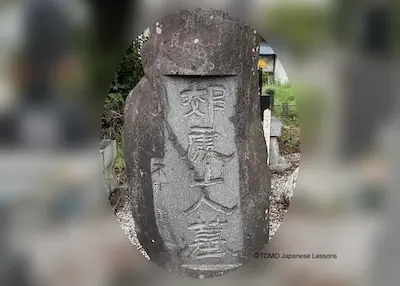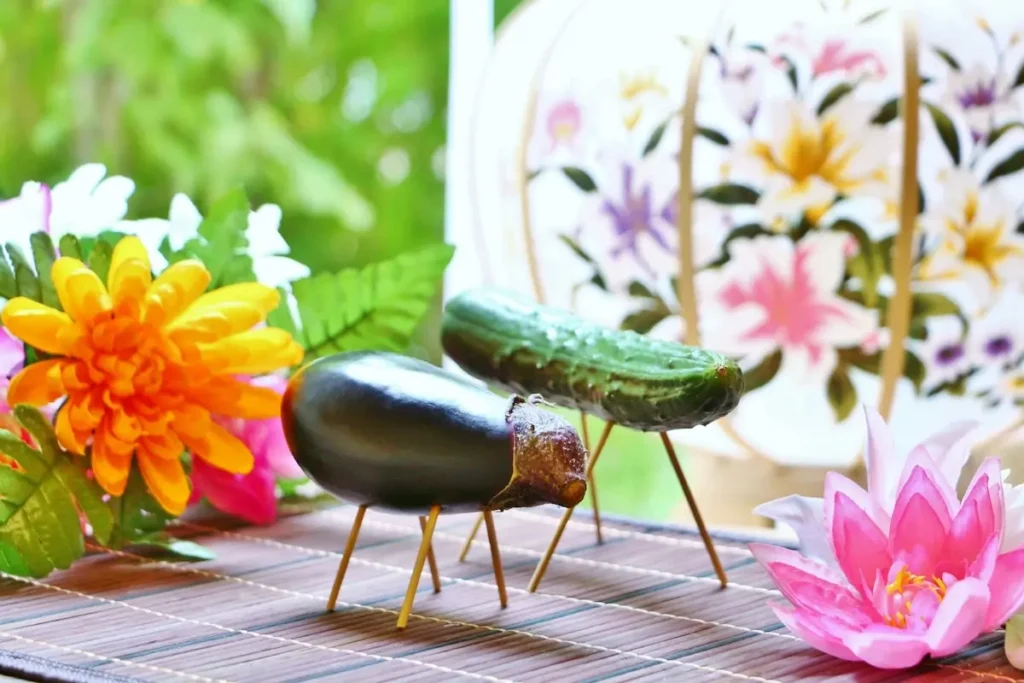
Experience Obon (お盆) in Japan: Customs, Family Gatherings, and Summer Celebrations
Obon : Its Origins and Meaning
Obon is a traditional annual event in Japan.
In many regions, it is held from August 13 to 16.
This is an important time for families and relatives to gather.
It is a time to welcome the spirits of ancestors into the home.
Obon originally comes from the Buddhist festival called Urabon-e.
Customs vary by region.
Some regions light welcoming and farewell fires.
Others float lanterns on rivers.
Visiting family graves is also an important tradition.
It shows respect for the spirits of ancestors and expresses gratitude.
In my family, we visit the grave every year on August 16.
Today, we are going to do that.
Obon Foods and Their Meanings
Obon dishes vary by region and by family.
It is common to serve vegetarian Buddhist meals and dishes with seasonal ingredients.
Cucumber and eggplant are sometimes made into shōryō-uma (spirit horses).
They represent the animals that carry the spirits of ancestors.
Sōmen noodles and ohagi (sweet rice cakes) are also common.
Each dish reflects the desire to welcome ancestors and give thanks for the season’s blessings.
Today, the customs are simpler.
Many families enjoy sushi or party platters while spending time with relatives.
Obon and Summer Vacation Today
Today, Obon is also a summer vacation period for many office workers and other employees.
People use the long holiday to return to their hometowns and visit family.
Many also travel for sightseeing.
Tourist spots become crowded during this time.
Trains, buses, and highways are especially busy.
Obon is often used as a chance to spend time with family and take a break from work.
Obon, Yukata, Summer Festivals, and Fireworks
During Obon, many summer festivals are held across Japan.
You can also see bon odori dances and fireworks shows.
Many people wear yukata.
This creates a lively and summery atmosphere.
Festivals and fireworks connect local people with visitors returning home.
Japanese of the Day / 今日の日本語
- Word:お盆(Obon) – Obon (Japanese Buddhist Festival honoring ancestors)
- Meaning:A traditional Japanese Buddhist festival during which the spirits of ancestors are welcomed home.
- Example:お盆には家族が集まります。
(Families gather together during Obon.) - Fun Fact:
Obon originates from the Buddhist Urabon-e festival. During Obon, people perform rituals like lighting lanterns and visiting graves to welcome and honor the spirits of ancestors. It’s both a time of remembrance and a chance for family reunions.
Would you like to experience traditional Japanese culture?
Just like in the story I shared, you can explore Japan’s long-standing cultural traditions with me
in my upcoming “Japanese Culture Course“. Stay tuned!
For more, see our articles on Yukata and Fireworks.
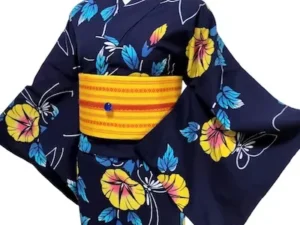
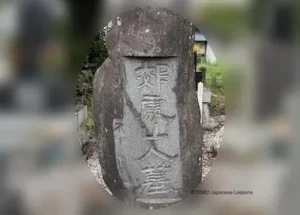
お盆とは?その由来と意味
お盆は、日本の伝統的な年中行事です。
多くの地域では、8月13日から16日までの4日間です。この期間は、家族や親族が集まる大切な時期です。
祖先の霊を家に迎え、供養するために行われます。
もともとは仏教の盂蘭盆会(うらぼんえ)に由来しています。
地域によって、迎え火や送り火、精霊流しなど、行事の形はさまざまです。
お墓参りもこの時期の大切な習慣で、先祖の霊を敬い、感謝の気持ちを表します。
我が家では、毎年8月16日にお墓参りに出かけます。今日、これから行ってきます。
お盆に食べる料理と意味
お盆の料理は、地域ごとや家庭ごとに特色があります。
精進料理や季節の食材を使った料理を供えるのが一般的です。
きゅうりやなすで作る精霊馬(しょうりょううま)は、先祖の霊が行き来する乗り物を表します。
そうめんやおはぎなどもよく見られます。
これらの料理には、先祖を迎える心や、季節の恵みへの感謝が込められています。
しかし、今では簡素化が進み、すしやオードブルを囲みながら家族や親戚と過ごすことも増えています。
現代のお盆と夏休みの関係
現代では、お盆は多くの会社員や働く人にとって夏休みの期間です。
長期休暇を利用して、実家やふるさとに帰省します。
観光や旅行に出かける人も多く、観光地はにぎわいます。
そのため、交通機関や高速道路は、この時期に特に混雑します。
お盆休みは、家族との時間や休養のために使われることが多くなっています。
お盆と浴衣・夏祭り・花火大会
お盆の時期は、全国で夏祭りや盆踊り、花火大会が多く開催されます。
浴衣を着て出かける人も多く、夏らしい光景が広がります。
花火や祭りは、地域の人々や帰省客をつなぐ大切な行事です。
詳しくは、浴衣についての記事 や 花火についての記事 で紹介しています。


